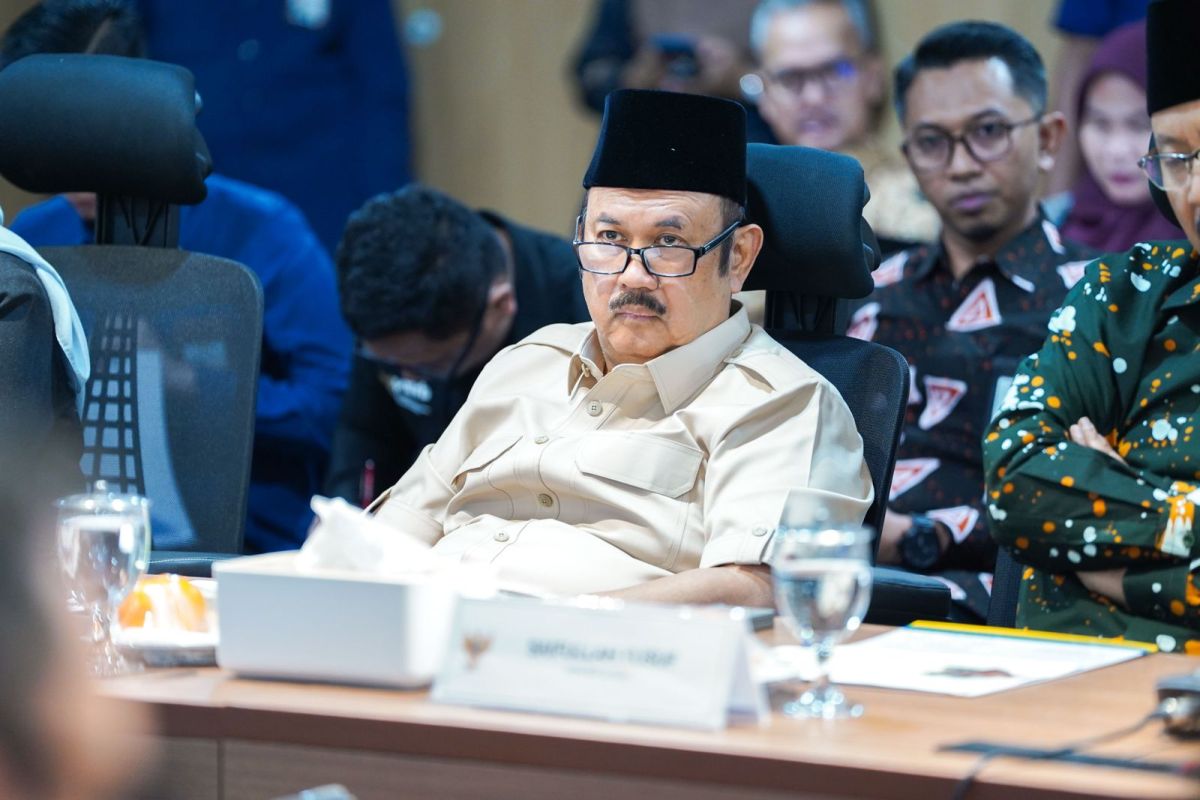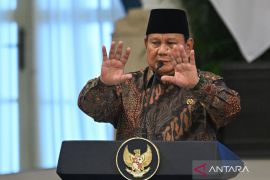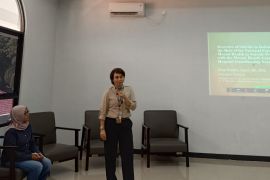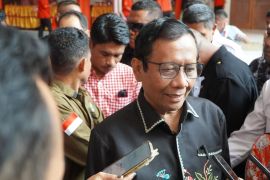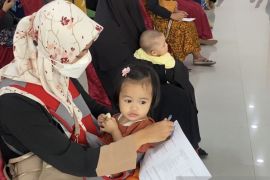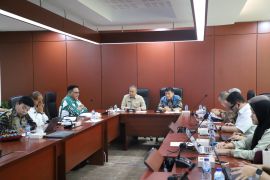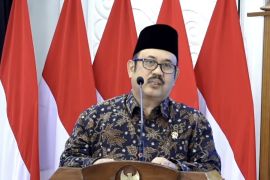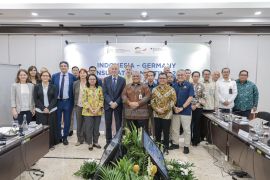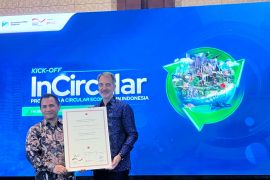Digital transformation is not just about technology—it’s also about sovereignty and equitable development,Jakarta (ANTARA) - Indonesia’s Minister of National Development Planning and Head of Bappenas, Rachmat Pambudy, has said that implementing an integrated e-government system could reduce state budget (APBN) expenditures by up to 30 percent.
“Through digitalization, the government can operate more accurately, efficiently, and transparently. Bappenas is committed to planning this digitalization strategy in the national interest,” Rachmat stated during the first plenary session of the Government Digital Transformation Acceleration Committee, as quoted in an official release here on Monday.
“Therefore, we need a solid data foundation and a clear national strategy to ensure that digital transformation stays on course,” he added.
The committee is tasked with aligning policy directions and implementing e-government initiatives. Its key focus areas include the development of Digital Public Infrastructure (DPI), consisting of Digital ID, Government Cloud, Data Exchange, and a centralized Government Super-App.
It also oversees digital sovereignty and cybersecurity, civil service (ASN) capacity building, and progress toward Indonesia Digital Government 2045 targets.
This initiative marks an early step in the government’s digital transformation agenda, a top priority in the National Long-Term Development Plan (RPJPN) 2025–2045 and the National Medium-Term Development Plan (RPJMN) 2025–2029.
Bappenas has outlined five recommendations for accelerating digital transformation: building reliable hardware infrastructure as the foundation, developing software including multi-service super-apps, strengthening human capital (brainware), ensuring cybersecurity from central to village-level systems, and promoting digital self-reliance across all regions of Indonesia.
“As a large country, the government must ensure that digital independence is built from the national to local levels. Digital transformation is not just about technology—it’s also about sovereignty and equitable development,” Rachmat said.
In a related initiative, Bappenas signed a Memorandum of Understanding on August 20 with Vietnam’s CT Group to cooperate on developing low-carbon economic policies and ecosystems to support digital transformation in Indonesia.
The partnership is part of Indonesia’s strategy to achieve its Golden Indonesia 2045 Vision, focusing on leveraging technology, strengthening industrial capabilities, expanding digital talent, and investing in future digital leaders.
The collaboration covers strategic planning, policy development, digital ecosystem building, human capital development through university partnerships, research and innovation, and establishing a bilateral digital innovation center.
It also includes the development of unmanned aerial vehicle (UAV) technologies for logistics, agriculture, tourism, manufacturing, and healthcare.
Domestically, Bappenas is advancing digital transformation in priority sectors using immersive technologies such as Virtual Tours, Virtual Reality (VR), Augmented Reality (AR), and Artificial Intelligence (AI).
Launched on August 13, this initiative aims to accelerate digitalization in key sectors including industry, tourism, creative economy, regional investment, education, and public administration.
The program builds on a strategic partnership between Bappenas and PT Teknologi GoVirtual Indonesia (GoVirtual), established on March 13, 2025, to develop immersive technology for promoting regional tourism and investment in line with the RPJMN 2025–2029.
Vivi Yulaswati, Deputy for Economic Affairs and Digital Transformation at Bappenas, stressed that digital transformation is now a necessity. “It must be harnessed to build credible data, support strategic policymaking, create business opportunities, attract investment, and drive the economy forward,” she said.
GoVirtual CEO Bobby Cendrawanto noted that immersive technology is already being used in Semarang (Central Java) and Bogor (West Java). The platform showcases local tourism, educational institutions, and healthcare facilities, and is even accessible during in-flight services on Indonesian airlines with high-definition visuals.
“This immersive technology will soon be expanded to other regions across Indonesia,” Bobby said.
Currently, Bappenas and GoVirtual are preparing a pilot project to map priority sectors using immersive virtual tours, followed by outreach programs with local governments and stakeholders to promote digitalization.
Related news: Committed to collaboration in digital governance: govt
Related news: Digitalization bolsters public control over village development: govt
Translator: Baqir, Azis Kurmala
Editor: M Razi Rahman
Copyright © ANTARA 2025
